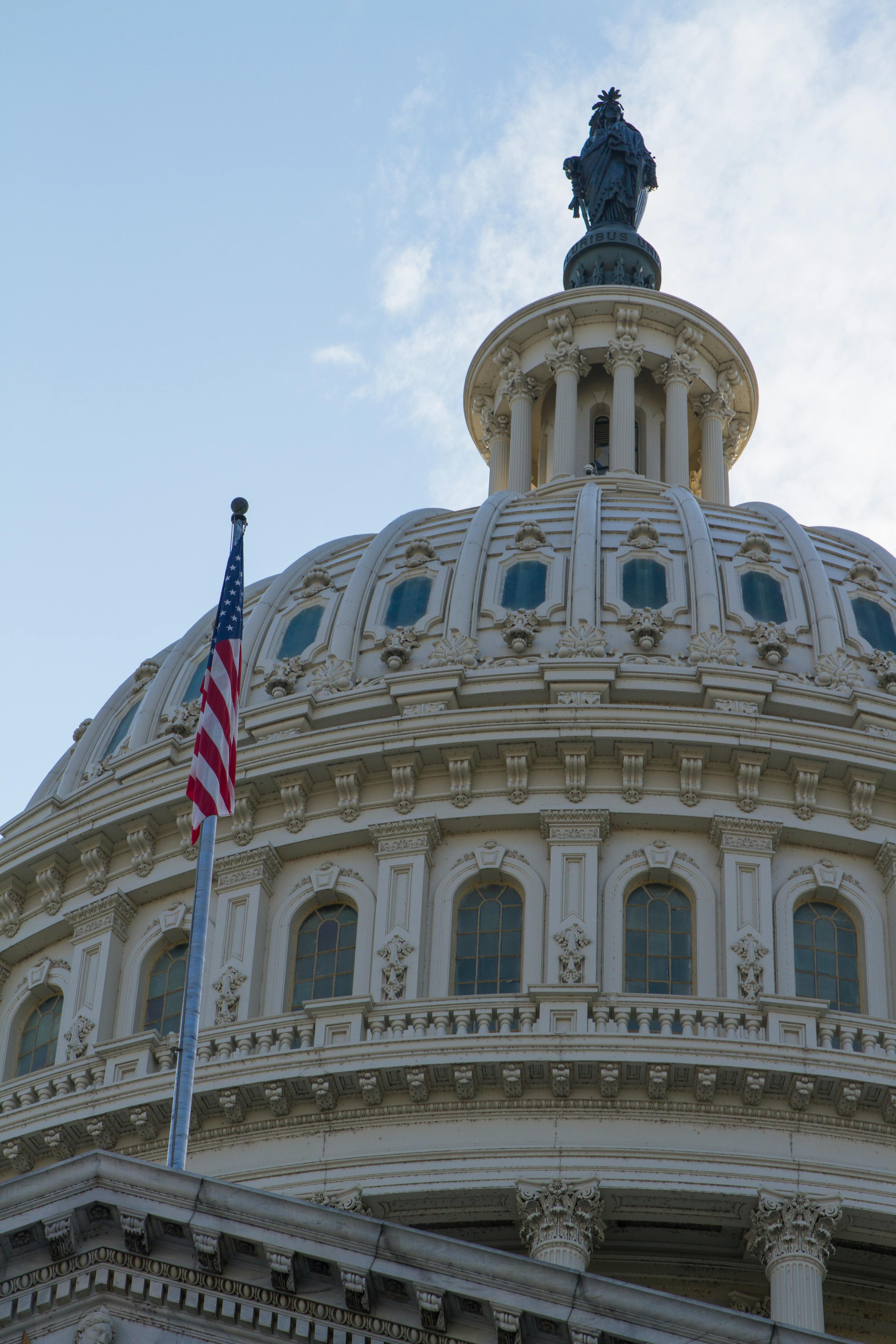Supreme Court Affirms Government's Role In Digital Communication

In a significant ruling, the U.S. Supreme Court has rejected an attempt to limit the federal government's communications with social media companies. This decision underscores the importance of these interactions in maintaining public safety and addressing misinformation in the digital age. The lawsuit aimed to restrict these communications, claiming they violated the First Amendment by effectively turning social media platforms into state-controlled entities. However, the Court's decision highlights the necessity of a balanced approach that protects free speech while allowing for necessary government intervention.
Background of the Case
The lawsuit originated from concerns that the federal government was using its influence over social media companies' content moderation practices, thereby violating free speech rights. Plaintiffs argued that such interactions amounted to unconstitutional censorship, effectively making private platforms tools of the state. Their objective was to restrict the federal government's ability to communicate with social media companies to protect the First Amendment rights of users.
Supreme Court's Rationale
The Supreme Court ruled that open communication between the government and social media companies is crucial for managing digital threats and ensuring public safety. The justices recognized the need for a collaborative approach to tackle issues like misinformation, cyber security, and public health threats. Justice Clarence Thomas, writing for the majority, asserted, "The challenges of the digital age require a collaborative approach. Restricting the government's ability to communicate with social media companies would hinder efforts to protect the public from misinformation and other digital threats." The Court emphasized that while the First Amendment safeguards free speech, it does not preclude the government from working with private companies to address critical public concerns.
Implications of the Ruling
This ruling has significant implications for the relationship between the government and social media companies. It affirms the necessity of maintaining open channels of communication to address complex digital challenges effectively. The decision also sets a precedent for future cases, providing a framework for how government and private sector interactions should be managed to balance free speech with public safety. This precedent will likely influence how similar cases are judged in the future, ensuring that collaborative efforts to address digital threats are not unduly hampered.
Analysis of the Digital Age Challenges
The digital age presents unique challenges that require a collaborative approach between the government and private sector. Issues such as misinformation, cyber security threats, and public health concerns are complex and multifaceted. Open communication between the government and social media companies is essential to address these challenges effectively. The Supreme Court's decision acknowledges the necessity of such cooperation to protect the public while also upholding constitutional rights.
Reactions to the Decision
Reactions to the Supreme Court's decision have been varied. Government officials and social media companies have generally welcomed the ruling, recognizing the importance of maintaining open lines of communication to tackle digital threats. Legal experts and free speech advocates have offered more nuanced perspectives, acknowledging the need for government intervention in some cases while cautioning against potential overreach. Public opinion remains divided, with some supporting the decision as a necessary measure to protect public safety and others concerned about potential implications for free speech.
Conclusion
The Supreme Court's ruling is a significant affirmation of the government's role in digital communication. It underscores the importance of balancing free speech with the need to address modern challenges such as misinformation and cyber security threats. This decision sets a precedent for future cases and highlights the necessity of a collaborative approach between the government and private sector. As digital threats continue to evolve, the importance of maintaining open communication channels will remain critical to ensuring public safety and upholding constitutional rights.
Author: Brett Hurll
The Self-Destructive Nature Of Anti-Tourism Protests: Balancing Resident Concerns With Tourism Benefits
In recent years, anti-tourism protests have become increasingly common across popular tourist destinations. From the Bal... Read more
Military And Strategic Implications Of The Ukrainian Drone Attack In Kursk
On a recent morning, the Kursk region in south-western Russia witnessed an unexpected and significant event: a Ukrainian... Read more
Chinese Tech Stocks Gain Ground Despite Wall Street Technology Sell-Off
Chinese tech shares in Hong Kong gained on Friday, defying a technology stock sell-off on Wall Street, driven by strong ... Read more
Defense Pact Between Britain And Germany: A Focus On Cybersecurity And Joint Operations
In a move set to redefine European defense collaboration, Britain and Germany have signed a comprehensive defense pact a... Read more
US Secret Service Director Steps Down After Trump Assassination Attempt
Security lapses admitted by Kimberly Cheatle prompt resignation.Kimberly Cheatle, the head of the US Secret Service, has... Read more
Kamala Harris Promises A Brighter Future In Official Campaign Launch
In a vibrant and impassioned campaign launch, Vice President Kamala Harris vowed to lead America toward a "brighter futu... Read more

